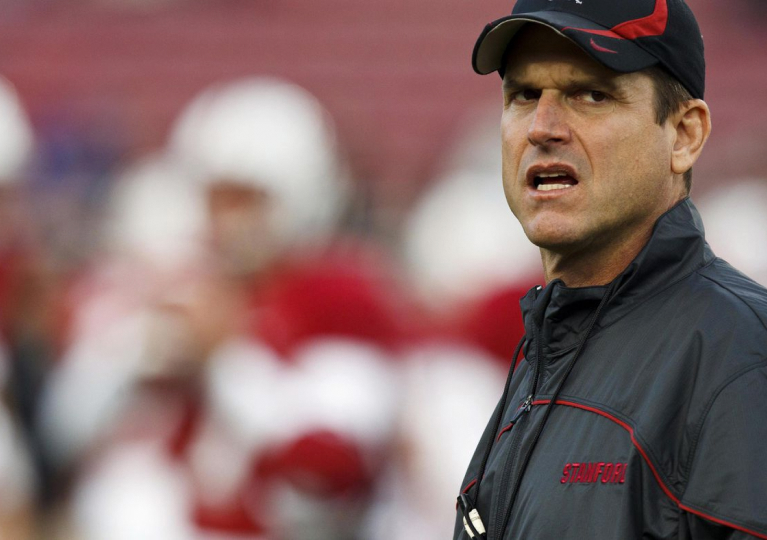Most NFL coaches, as a general rule, do not prefer becoming college football coaches. There’re some exceptions like Jim Harbaug, of course. A former quarterback, Jim (55) is the head football coach of the University of Michigan Wolverines.
Here’re the top reasons why NFL coaches aren’t leaving for college jobs:
Recruiting Players for a College Football Team is Pretty Hard
College football coaches spend a great deal of time evaluating high school football players and explaining to them where to attend college for a more promising sports career in the future.
You may have to devise new methods, learn how to use social media platforms popular among the teens, and sound like a charmer in all your communications to attract new talent. You will also need to attend a large number of high school games on Friday nights before your weekends kick-off. Recruiting players for the college team practically takes forever.
Even after having tried your level best for a year, if the players aren’t skillful or smart enough to run your schemes during the season, it’s you who has to take the fall. There’s no general manager to blame in college football. Since a college football coach is largely responsible for recruiting new players, it’s him most people blame when the team fails to perform.
College Roaster Management Is Hard
In the NFL, the coaches have 53+ players in their teams. These players can stick around for just a day or several years. An NFL coach can get rid of certain players at any point in time (even during the season) and add other ones.
In college, you may have a few dozen players but you can only add a fixed number of players each year. Adding a new player during the season is hard unless you are prepared to try out a kicker from the college soccer team. If you had 50 players on your roaster in February, you’re likely to have much less number of players by November; you cannot easily replace –
- Players who quit playing for the college team
- Players who are suspended
- Players who get injured
- Players who are transferred
Coaching College Football Players Is Not Easy
NFL players consider football as a full-time job even if they do not practice around the clock with their team coaches or personal football trainers.

College football players, on the other hand, can hardly spare more than 20-25 hours per week for practice. After all, they are full-time college students. Therefore, college football coaches are not in a position to devote their time and effort to fix bad techniques or habits some players latched on to during their time in high school. The bad news is that college team fans do not accept this as an excuse for a college football player’s bad form.
Off late, many college football players, who dream of playing at higher levels, have begun hiring private football coaches to bridge the gaps of group instruction. With a personal football coach, a player is in a better position to improve upon his shortcomings.
College Football Coaches Do Not Have a Free Hand in Disciplining Players
Each offseason, every team at any level will have a few arrests.
In the NFL, the coaches can just sideline or suspend players who refuse to remain disciplined. If the situation is more serious, arrested players can even be fired.
In college, however, you are likely to be hounded by the local press and social media influencers for having suspended a player for indiscipline. Rival coaches may even go about telling other recruits they run the risk of losing their college scholarships by choosing you.

